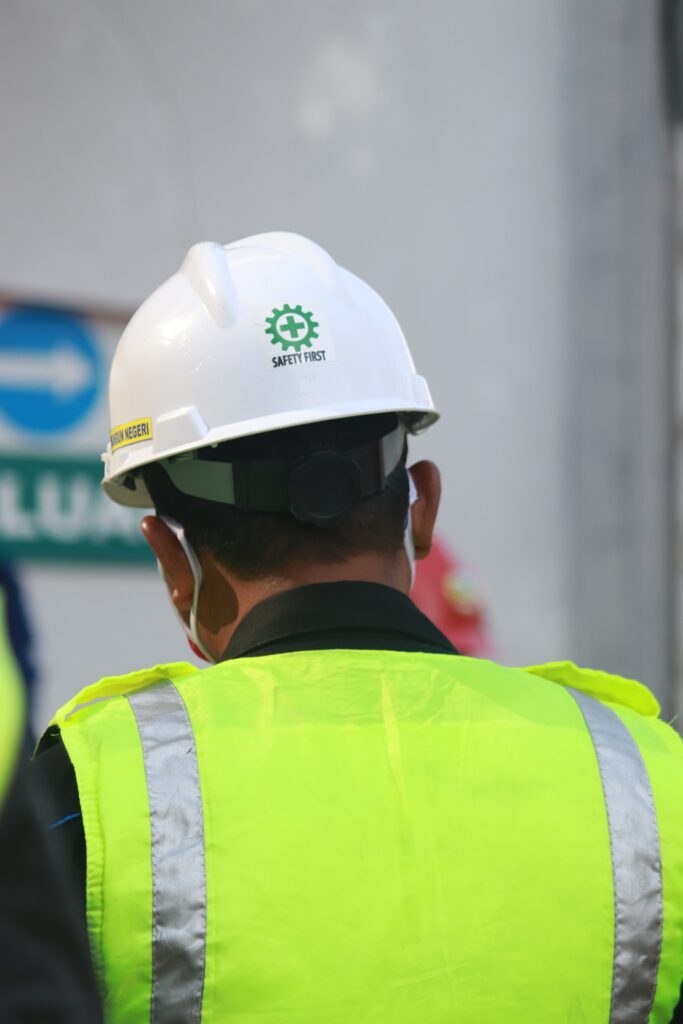Air compressors are incredibly useful tools that provide a range of benefits such as cost-savings and efficiency in the workplace. However, to ensure that you reap the benefits of such equipment, your workplace must ensure it uses air compressors safely. This article will outline some air compressor safety tips for businesses to ensure they use these innovative tools correctly.
Why are health and safety important when working with air compressors?
Health and safety in the workplace are vital for any business to ensure their staff are kept safe and workplace accidents are effectively mitigated. This is especially true when working with air compressors as they can be incredibly powerful and, if used improperly, dangerous. Compressed air should be treated with as much respect as any other source of energy, such as electrical outlets. While there are many benefits of using an air compressor for your company, there are also a few health and safety factors to consider as well.
There are lots of risks involved with using an air compressor, from debris impacting eyes or causing irritation and hearing damage from the loud motors used in air compressors. In some cases, pressurised air can even penetrate unprotected skin, entering the bloodstream and causing embolisms. This is incredibly serious and could result in death, so it’s safe to say air compressor safety is a top priority when using this type of equipment.

Common uses of air compressors
Air compressors are incredibly useful across multiple industries and for a number of purposes. Below are some of the most common uses for air compressors in the workplace:
- Construction sites use air compressors to power various tools such as power drills, compactors and hammers.
- Rotary screw equipment uses air compressors to seal products in a hermetic, contaminant-free way to keep items like food, beverages or pharmaceuticals in sterile conditions.
- Air and heat pumps found in air conditioners use similar rotary screw equipment to compress air vapours and adjust temperatures to regulate the overall temperatures of rooms, refrigerators and more.
- Air compressor pumps are a useful way to inflate tyres for vehicles and other inflatable devices easily.
Air compressor safety tips for the workplace
For workers in the United Kingdom, the Health & Safety Executive outlines some important health and safety guidance for employers to follow. As well as advice on lone working and employer responsibilities, there is plenty of guidance for workers on specific topics of work, such as respiratory, chemicals, and noise.
When using an air compressor at work, it’s important to be well-trained and aware of air compressor safety guidance before using one. This will help to avoid accidents or reduce risk of injuries in the workplace. Below are a number of tips to ensure you use air compressors safely in the workplace:
- Let compressors cool down before use: Air compressors can run quite hot if they’re regularly used, so give them time to cool down before using them again. Otherwise, you might end up burning yourself on the compressor itself or lubricants found in the equipment.
- Regularly drain the compressor tank: Make sure that you regularly clean and drain the compressor tank to avoid the risk of explosion or rust development. Rusty tanks are much more prone to leaks and faults, which may result in injury.
- Keep all loose clothing, hair and hands out of reach: Air compressors can quickly attach to loose pieces of clothing or long hair, which can cause serious injuries. So make sure that you always wear tight-fitting clothing and tie your hair up. Be mindful of hand placement too, as things like cooling fans and belts can cause injury.
- Inspect electrical sockets and outlets: For optimal air compressor safety, make sure that the air compressor is plugged into a grounded electrical socket to minimise the risk of an electrical fire.
- Use a well-ventilated area: Compressed air often emits noxious fumes which can cause serious harm in non-ventilated areas. So make sure that it’s being used in a well-ventilated area with dry inlet air to mitigate rust.
- Avoid using PVC pipe: PVC piping should never be used in the application of compressed air because it can crack and break, resulting in flying debris.
- Secure all tools and hoses before use: Make sure that all tools and hoses are secured and not engaged when using an air compressor. Loose hoses can damage workers by whipping them with incredible force.
- Always wear protective gear: An important part of air compressor safety is making sure that protective gear is always used when operating an air compressor. This includes ear and eye protection to protect against flying debris and mitigate the sound of the compressor.

